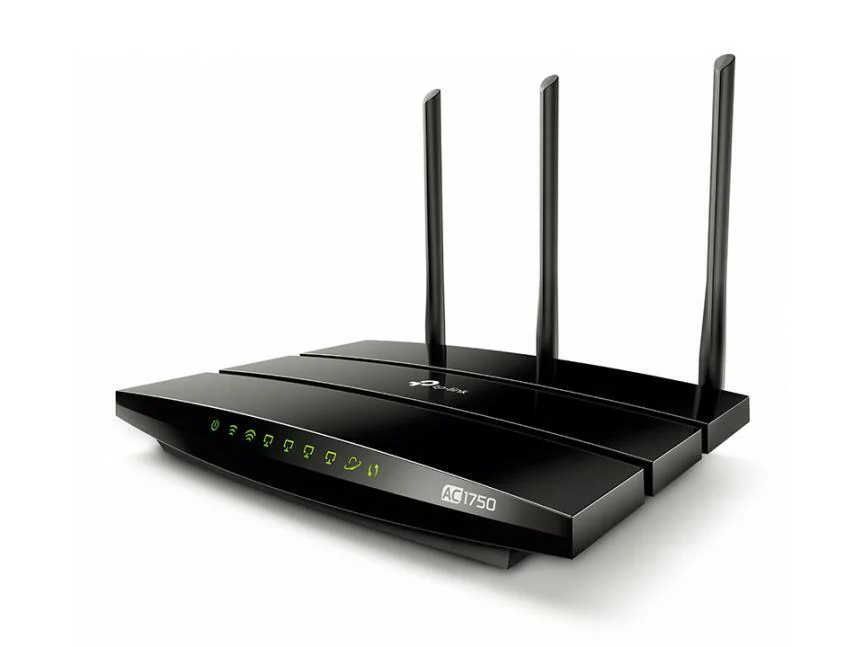What is a good download and upload speed. When it comes to internet speed, there are two key factors to consider: download speed and upload speed. Both are important, but they serve different purposes. Download speed refers to how fast data is transferred to your device, while upload speed refers to how fast data is sent from your device to the internet.
A good download speed is generally considered to be at least 25 Mbps (megabits per second). This is sufficient for most common internet activities, such as streaming video, browsing the web, and online gaming. With a download speed of 25 Mbps, you can expect to stream high-definition video without buffering and download large files in a relatively short period of time.
High-speed internet refers to internet access with a high data transfer rate, typically measured in megabits per second (Mbps) or gigabits per second (Gbps). High-speed internet is typically faster than traditional dial-up or basic broadband and is necessary for activities such as streaming high-definition video, online gaming, and large file downloads.
There are several technologies that provide high-speed internet, including:
- Fiber-optic internet, which uses glass or plastic cables to transmit data at very high speeds
- Cable internet, which uses the same infrastructure as cable television to provide high-speed internet access
- DSL (digital subscriber line), which uses existing telephone lines to provide high-speed internet access
- Satellite internet, which uses a satellite to transmit data to and from the internet
- 5G (fifth generation) mobile networks, which uses cellular technology to provide high-speed internet access.
- The availability of high-speed internet service depends on the infrastructure in the area and the service providers.
On the other hand, a good upload speed is at least 3 Mbps. While most internet users focus on download speeds, upload speeds are just as important for activities such as video conferencing, online gaming, and large file uploads. With an upload speed of 3 Mbps, you can expect to upload large files in a reasonable amount of time and enjoy smooth video conferencing and online gaming experiences.
However, it’s important to note that these are general guidelines and that your internet speed needs may vary depending on your specific usage. For example, if you have multiple people in your household using the internet at the same time, or if you frequently download large files, you may want to consider a higher speed.
For streaming 4K ultra-high-definition (UHD) video, you’ll need internet speeds of at least 25 Mbps. For online gaming, you’ll need at least 3 Mbps for upload speeds and at least 7 Mbps for download speeds. For large file uploads or downloads, such as videos or software updates, you’ll want a faster upload speed of at least 20 Mbps.
It’s also important to note that actual internet speeds can vary depending on a variety of factors, such as network congestion and the quality of your router and modem. Additionally, the advertised speed of an internet plan is not always the same as the actual speed you’ll receive. Before purchasing an internet plan, it’s a good idea to research the speeds you can expect in your area and compare them to the speeds offered by different providers.
In conclusion a good download speed is at least 25 Mbps and a good upload speed is at least 3Mbps. However, your internet needs will vary depending on your usage. It’s a good idea to research the speeds you can expect in your area and compare them to the speeds offered by different providers. Make sure to take note of the specific activities you will be doing online, and choose the internet plan that best fits your needs.



